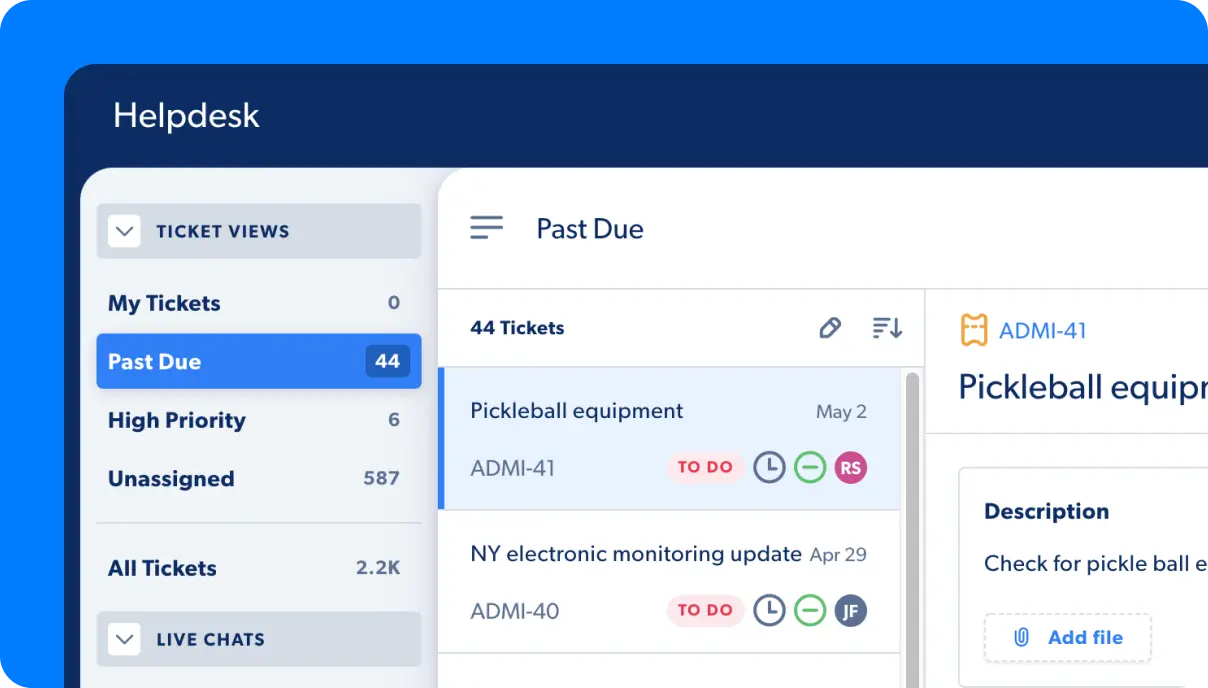With online learning quickly becoming mainstream, there’s no shortage of classes you can take to get a certification in the trade of your choice. Of course, if you’re interested in Knowledge Management, you will have to seek out institutions that offer the pertinent training and certification.
But will certification help you to land a better KM job? Some recruiters certainly view certifications as adding value to a resume. In addition, employers may perceive a certified KM employee as having a more sophisticated approach towards managing projects.
Whatever you decide, a knowledge management certification definitely won’t hurt your career progression. Not only does a certification convey a discipline to support your raw experience, but it can also improve your overall approach in the KM field.

What is knowledge management certification?
Since the field of knowledge management can span over 100 KM specialties, it helps to commit to a narrow specialty within a specific discipline of KM. The consensus is that there are around 16 competency groups under the KM umbrella, including:
- Mapping
- Interpersonal skills
- Working with teams
- Technological competency
- Business process analysis
Certification can help to validate your role against professional standards. Furthermore, certification can give you a competitive edge.
There are several organizations that offer a knowledge management certificate, for example:
- Association for Talent Development (ATD)
- KM Institute (KMI)
How do you earn your certification?
Of course, each institution has their own unique methodologies and requirements, but they all teach to emerging practices and how to standardize the exchange of knowledge.
Here are a few examples of what you’ll learn, depending upon your chosen place of learning:
- How to articulate the benefits of KM to your organizations.
- Development of strategies for creating RFPs to select a KM vendor.
- How to examine the social work environments that facilitate knowledge creation, sharing, and innovation.
- How to design a strategy that enables a knowledge-centric work environment in alignment with your company’s business goals.
- How to build collaborative environments.
- How to work with an IT department.
Types of course you might take.
Some of the course titles for a knowledge management certification may include:
- Components of Knowledge Management
- Overview of Organizational Knowledge
- Selecting a KM Vendor
- KM Procedures and Governance
- How to Sell KM
Do you have to travel to take courses?
The good news is both KMI and ATD offer knowledge management certification online. While there are deadlines, you can also watch the modules at your convenience. Even the tests are facilitated completely online.
While online courses do not usually offer the ability to meet with your peers, KMI does host face-to-face workshops throughout the year. You can attend, if you find one nearby.
Unfortunately, you won’t be catapulted into instant expertise following your certification—there are no shortcuts. Even with a certification program, you’ll still need to practice by doing actual work in knowledge management. Nonetheless, if you’re trying to establish yourself in the field of KM, the right certification can certainly add a stamp of credibility. Although, even with training and certification, there are still challenges in the world of KM.










































